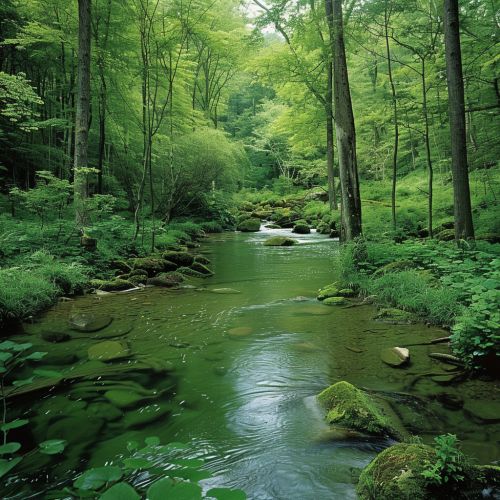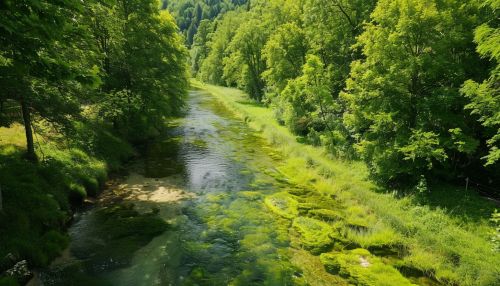Environmental movement
Origins of the Environmental Movement
The environmental movement, also known as the ecology movement, began in the late 19th and early 20th centuries. It was a response to the industrial revolution's negative impacts on the natural world, including deforestation, pollution, and the loss of biodiversity. The movement's early focus was on conservation and the preservation of natural resources.


Early Conservation Efforts
In the United States, the first large-scale conservation efforts were led by President Roosevelt and his chief advisor on conservation, Pinchot. They established the U.S. Forest Service in 1905 and expanded the nation's National Parks. In Europe, similar efforts were underway, with the establishment of nature reserves and parks.
The Modern Environmental Movement
The modern environmental movement began in the 1960s and 1970s, with a shift in focus from conservation to broader environmental issues. The publication of Rachel Carson's book, 'Silent Spring', in 1962, is often cited as the catalyst for this shift. The book highlighted the dangers of pesticide use, leading to a public outcry and the eventual banning of DDT in the United States.
Key Events and Legislation
The 1970s saw a number of significant events and legislation in the environmental movement. The first Earth Day was held in 1970, drawing attention to environmental issues and demonstrating public support for environmental protection. In the same year, the U.S. Environmental Protection Agency (EPA) was established.
Environmental Non-Governmental Organizations
Environmental Non-Governmental Organizations (ENGOs), such as Greenpeace and the World Wildlife Fund, have played a crucial role in the environmental movement. These organizations work at both the grassroots and international levels, advocating for environmental protection, conducting research, and influencing policy.
Current Issues and Challenges
Today, the environmental movement faces a range of complex issues and challenges. These include climate change, deforestation, pollution, and the loss of biodiversity. The movement is also grappling with issues of environmental justice and the need for sustainable development.
